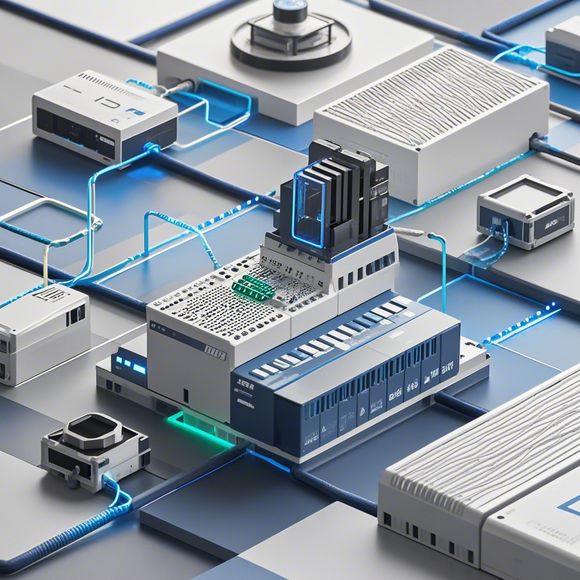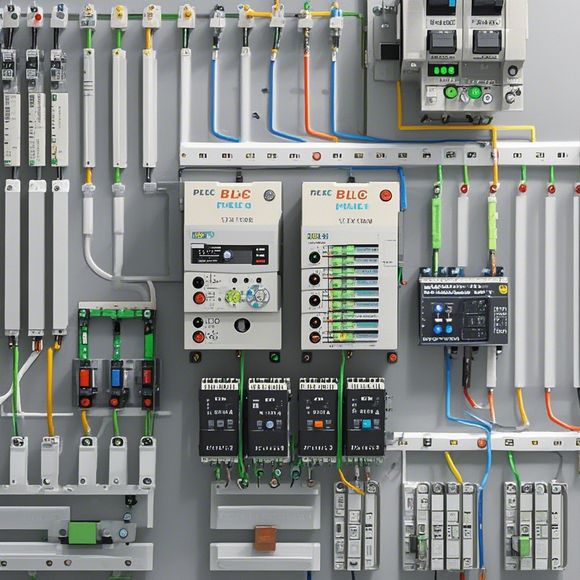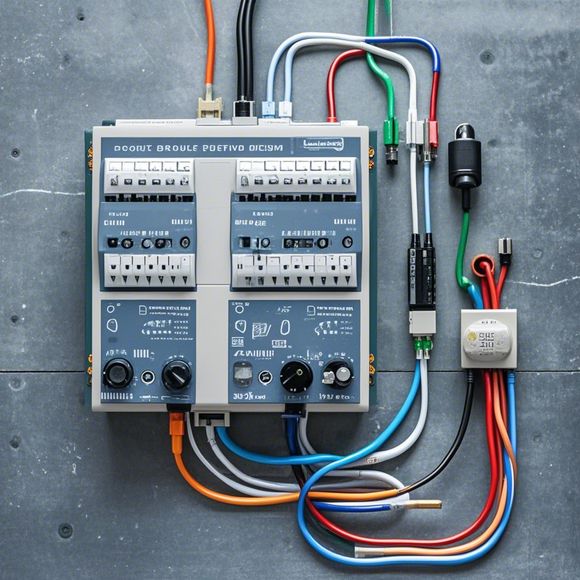PLC Controllers for Better Automation in Your Business
Hello everyone, today I'm going to talk about one of the most crucial components for any manufacturing business - PLC (Programmable Logic Controller) controllers.
Firstly, let's understand what a PLC controller is. A PLC controller is a device that controls and monitors industrial processes using electronic signals instead of physical ones. It can be programmed with various algorithms and logic functions to achieve specific objectives such as monitoring process variables, adjusting machine speed or control valves.
The benefits of using PLC controllers are manifold. For starters, they offer high levels of reliability due to their ability to handle complex operations without manual intervention. Additionally, PLC controllers allow for precise control over the production line, which can lead to increased efficiency and reduced downtime.

Another advantage of PLCs is their flexibility. They are designed to work with a wide range of different types of sensors, motors, and actuators, enabling you to adapt your automation system to meet changing requirements. This makes them ideal for applications where there are multiple machines or systems involved.
Moreover, PLCs are cost-effective. While they may seem expensive initially, their long-term value far surpasses the initial purchase price. By automating processes, they save time and money on labor costs, reduce errors and downtime, and ultimately increase profitability.
Now, onto some practical examples of how PLC controllers are used in modern manufacturing. Take, for example, a food processing plant where temperature control is critical. Using a PLC controller, the manufacturer can monitor and adjust the temperature of the ingredients being processed in real-time, ensuring optimal results every time. Another common application is in assembly lines where PLCs can coordinate the movements of robots and ensure they follow predefined paths accurately.

However, like any other piece of equipment, PLC controllers also have their challenges. Maintenance and repair costs can add up quickly, especially when dealing with complex systems or when dealing with older models. Additionally, programming can be time-consuming and requires expertise in both hardware and software.
In conclusion, PLC controllers represent a vital component in today's world of automated manufacturing. With their ability to provide high levels of reliability, flexibility, and efficiency, they have become an essential tool for businesses looking to stay competitive in the ever-changing landscape of the industry. So if you're looking to streamline your production process and increase profits, consider investing in a PLC controller today!
Content expansion reading:

Articles related to the knowledge points of this article:
Smart Manufacturing Solutions with PLC Integrated Machinery
The cost of a PLC Controller: A Comprehensive Analysis
PLC Programming for Automation Control in the Manufacturing Industry
How to Use a PLC Controller for Your Business
PLC (Programmable Logic Controller) Control System Basics
The Role of Programmable Logic Controllers (PLCs) in Foreign Trade Operations